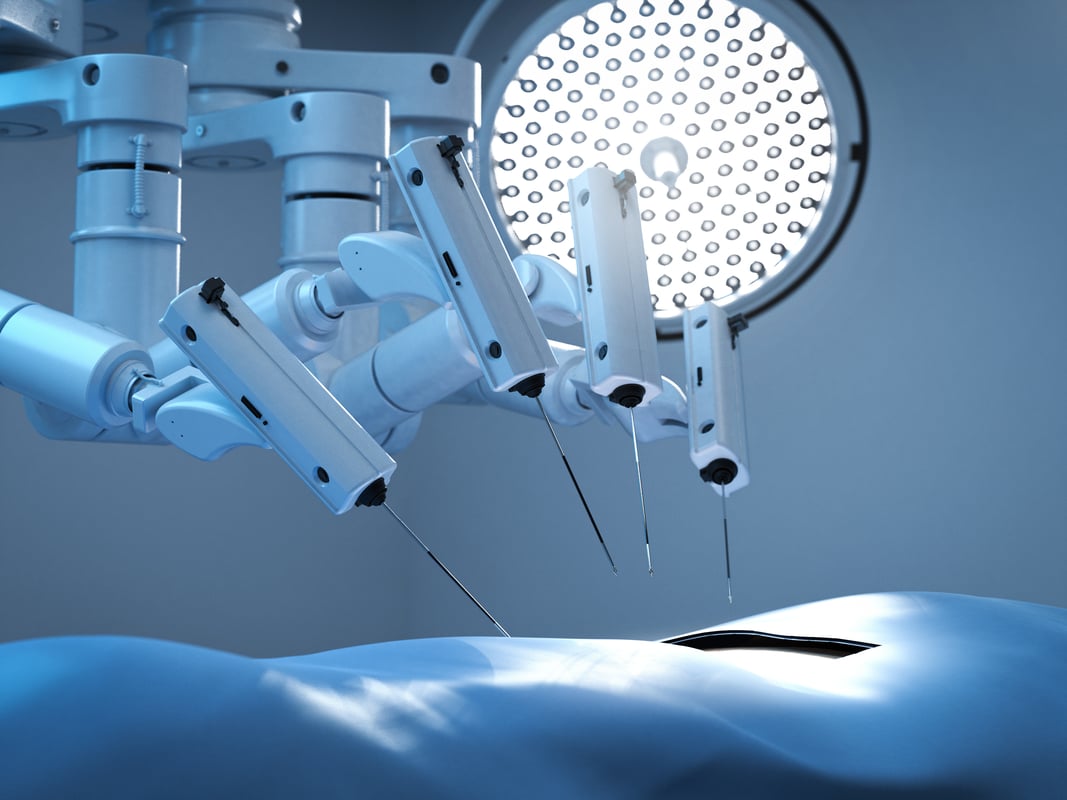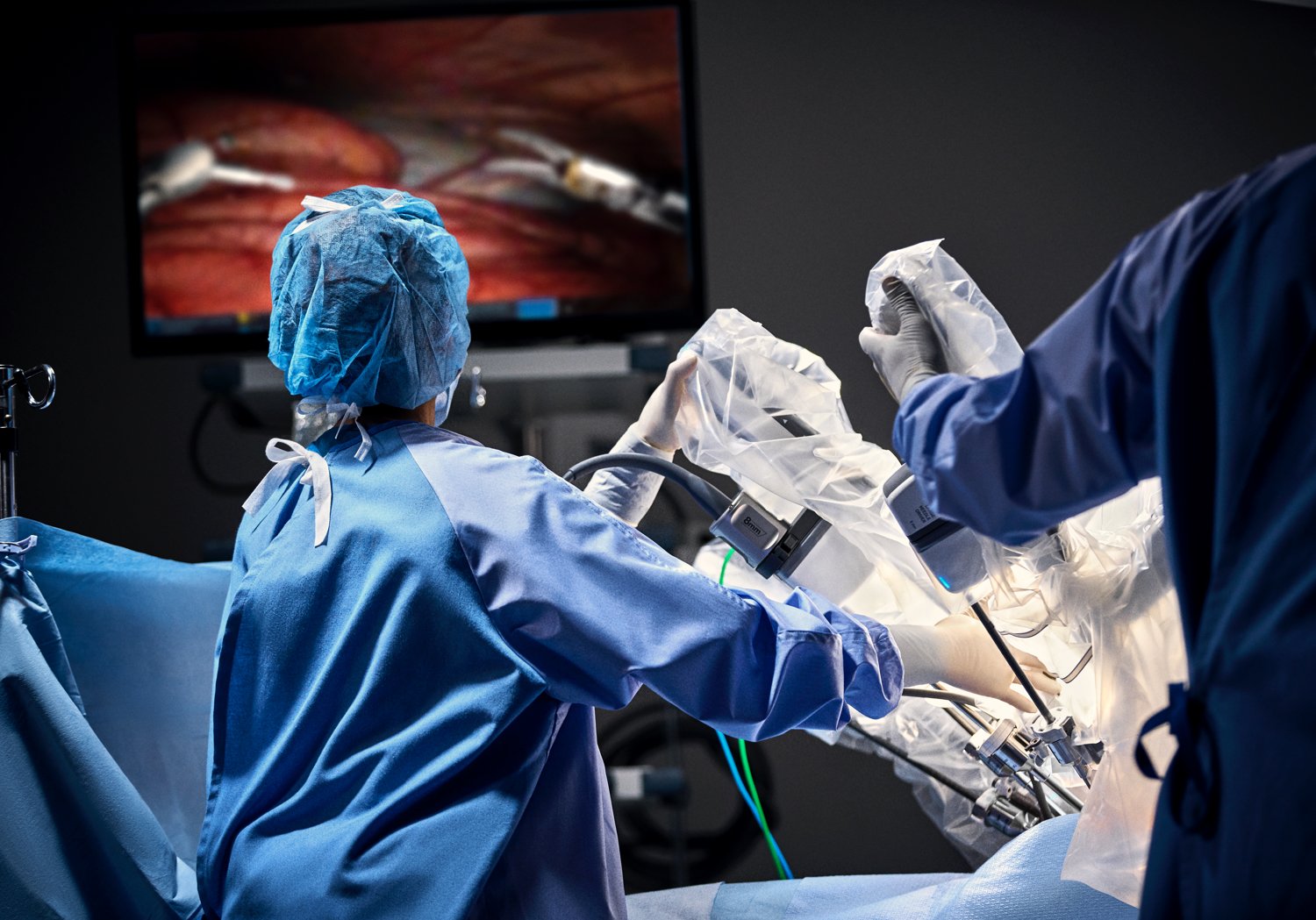
There is perhaps no investor followed more closely than the Oracle of Omaha, Warren Buffett. The reason Buffett is a master at captivating investors' attention is his investing track record, which highlights a transformation of his initial savings of around $10,000 into more than $70 billion over the course of six-plus decades. The idea is if other investors could emulate Warren Buffett's investing strategy, then they, too, could wind up with a handsome fortune when they retire.
If you are wondering what goes into Warren Buffett's investing strategy, I can tell you the key component is time. Buffett believes in buying great businesses and holding those businesses over the long term, allowing time and compounding gains to work their magic. Buffett also tends to focus on businesses that are easy to understand, that pay a dividend, and that have the potential to excel in any market environment.
One company you currently won't find in Berkshire Hathaway's (NYSE: BRK-A) (NYSE: BRK-B) investment portfolio is robotic surgical system developer Intuitive Surgical (ISRG 0.70%), which is boasting a robust $18 billion market value. Although Buffett and Berkshire's bread and butter is the financial industry, it does dabble in the healthcare sector on occasion, raising the question of whether or not Intuitive has a shot of entering the rarified territory that is Buffett's investment portfolio.
Today, we'll take a closer look at whether or not Intuitive Surgical would fit into Warren Buffett's investing strategy.
Intuitive Surgical could be enticing
If Buffett has demonstrated anything, it's that a company doesn't have to be a megacap in order to qualify for Berkshire's portfolio. So, for those of you thinking $18 billion is a bit small for Buffett, you can probably wipe that idea from the slate.
Intuitive Surgical actually offers a number of points Buffett would appreciate.

Source: Intuitive Surgical.
For starters, Buffett really likes buying into businesses that hold significant market share. Intuitive's da Vinci surgical system, which is targeted at soft tissue surgeries, has very little competition. Not only have its peers struggled to bring competing surgical devices to market, but da Vinci has been installing its devices and training physicians for the past 15 years. In other words, even when the inevitable occurs and Intuitive Surgical does face competition, it'll have a physician network nearly impossible to duplicate.
Secondly, and building off of the first point, Intuitive Surgical's da Vinci system has premium pricing power since it's pretty much the only widely used soft tissue surgical assistance tool around. Intuitive's razor-and-blade system allows the company to reap the benefits of a $1.5 million-plus system sale upfront, then benefit from recurring servicing charges for years down the road. This is a sustainable business model that's likely to garner the attention of Buffett.
Buffett also prefers investing in favorable long-term trends. To be clear, this doesn't mean Buffett in any way sits on the edge of his seat awaiting the latest jobs report or waiting to hear where the Dow Jones Industrial Average closed today. However, Buffett does fully understand that as the U.S. population increases and baby boomers retire in increasing numbers, the need for medical care is very likely to go up. That would bode well for a wide swath of healthcare companies -- especially those with a near-monopoly on their field like Intuitive Surgical.
But, it's not perfect
The reality, though, is that Intuitive Surgical doesn't have all of the characteristics Buffett would typically look for in an investment.
First, Intuitive Surgical doesn't pay its shareholders a dividend, and Buffett typically sticks to businesses which reward its investors. In Intuitive Surgical's defense, it does have a pretty good reason for not paying a stipend to investors: Its business is still in the high-growth, capital-intensive phase of development, so it's of more benefit for the company to reinvest in research and development, as well as its marketing personnel, to improve the reach of its da Vinci systems. Still, a lack of dividend income is often a big red mark for Buffett.
Another knock against Intuitive Surgical is the company's current valuation. To be clear, Buffett isn't a complete traditionalist when it comes to valuing a company (i.e., there's no line in the sand when it comes to P/E levels at which he'd buy or not buy a stock). However, Intuitive Surgical's forward P/E of 28 is bound to raise some eyebrows despite its high-single-digit to low-double-digit growth rate. Buffett is certainly more of a value investor than a growth-seeker, so diving into Intuitive Surgical would be a bit beyond his typical comfort zone.

Recently introduced da Vinci Xi surgical system. Source: Intuitive Surgical.
Lastly, even with Buffett focused on longer-term trends, he might be a bit gun-shy about the ongoing investigation by the Food and Drug Administration into the safety and efficacy of the company's da Vinci surgical system. Dating back to last year, the FDA probe is investigating a rising number of complaints against Intuitive's surgical system and attempting to establish if benefits to the system really do exist. As I've contended previously, the increase in complaints has risen in perfect proportion with the number of procedures performed. In short, I think investors are probably overreacting, here, but it could be enough to turn Buffett off of Intuitive Surgical.
Does Intuitive Surgical fit Warren Buffett's investing strategy?
Now that we have a better idea of the positives and negatives that Buffett and his conglomerate Berkshire Hathaway might observe while critiquing Intuitive Surgical, we can return to our initial question: Could Intuitive Surgical be a good fit for Warren Buffett's investing strategy?
In my opinion, Intuitive Surgical is very, very close to being a Buffett stock because of its premium pricing power and monopoly like status in the soft tissue surgical market. As we noted above, even if competition springs from the woodwork, it could take a decade or longer for any of its peers to even have a physician network strong enough to rival that of Intuitive Surgical. Further, I believe the business could run itself considering the growing need for medical procedures as baby boomers grow older and retire.
But, I believe the valuation hump is just enough to keep Buffett on the sidelines for the immediate future. Buffett has made a living off of buying cheap stocks in so-called "crisis" situations. Having rallied more than 40% from its lows this year, Intuitive Surgical isn't exactly giving off a "cheap" vibe to investors, and Buffett is more than patient enough to wait until such time as Intuitive Surgical does have a significant dip.
I also don't believe the lack of a dividend will necessarily preclude the company from eventually finding its way into Berkshire's portfolio. The way I figure it, with $775 million in free cash flow last year, it's only a matter of three to five years before Intuitive initiates a dividend anyway.
This is definitely a company worth keeping a close eye on, as I could imagine it eventually finding its way into Buffett's portfolio.








